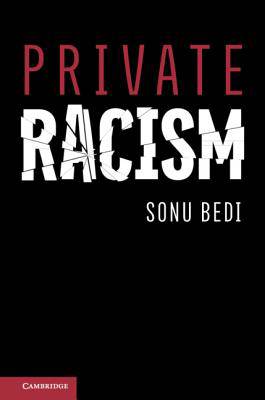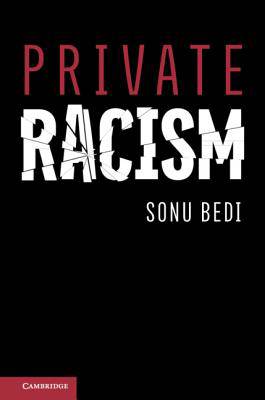
- Afhalen na 1 uur in een winkel met voorraad
- Gratis thuislevering in België vanaf € 30
- Ruim aanbod met 7 miljoen producten
- Afhalen na 1 uur in een winkel met voorraad
- Gratis thuislevering in België vanaf € 30
- Ruim aanbod met 7 miljoen producten
Zoeken
Omschrijving
Usually, when we discuss racial injustice, we discuss racism in our public or political life. This means that we often focus on how the state discriminates on the basis of race in its application and enforcement of laws and policies. This book draws on the synergy of political theory and civil rights law to expand the boundary of racial justice and consider the way in which racial discrimination happens outside the governmental or public sphere. 'Private racism' is about recognizing that racial injustice also occurs in our private lives, including the television and movie industry, cyberspace, our intimate and sexual lives, and the reproductive market. Professor Sonu Bedi argues that private racism is wrong, enlarging the boundary of justice in a way that is also consistent with our Constitution. A more just society is one that seeks to address rather than ignore this less visible form of racism.
Specificaties
Betrokkenen
- Auteur(s):
- Uitgeverij:
Inhoud
- Aantal bladzijden:
- 210
- Taal:
- Engels
Eigenschappen
- Productcode (EAN):
- 9781108401340
- Verschijningsdatum:
- 26/09/2019
- Uitvoering:
- Paperback
- Formaat:
- Trade paperback (VS)
- Afmetingen:
- 182 mm x 239 mm
- Gewicht:
- 317 g

Alleen bij Standaard Boekhandel
+ 112 punten op je klantenkaart van Standaard Boekhandel
Beoordelingen
We publiceren alleen reviews die voldoen aan de voorwaarden voor reviews. Bekijk onze voorwaarden voor reviews.








